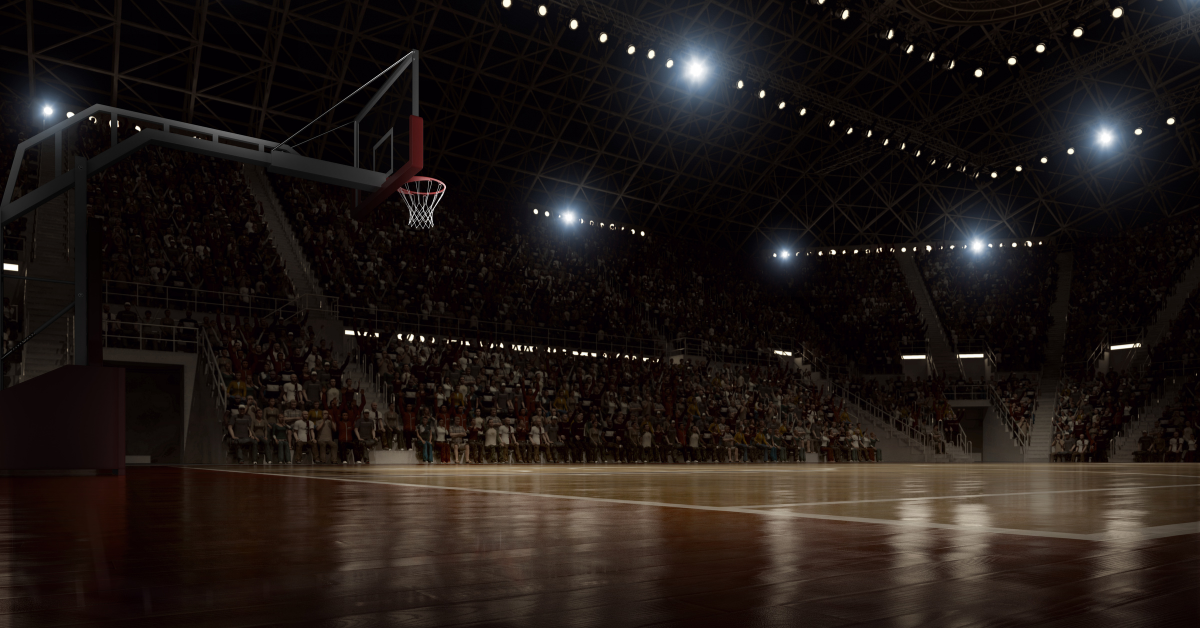Baseball has long been “my sport.” I drag a large group of friends to a game once a summer or I frequently go by myself and keep score. I’ve gone to ballparks while on vacation. I had an MLB.tv subscription so I could watch baseball every day, even though my favorite team was always blacked out. But lately I’ve been pulling my attention away from baseball and toward other sports, especially the WNBA.
It’s been a long time coming, I suppose. I’ve been complaining for years about the aforementioned blackouts. Last year when my beloved Cubs traded away most of the remaining stars from the 2016 World Series team, I didn’t get to see any of their last games. The owners have decided not to win and I have decided not to fight so hard to care. But there is one thing that finally diverted my attention for good: I feel more welcome and accepted in WNBA spaces than baseball.
Baseball has a bit of a reputation for being behind the times. While the sport is full of rich traditions, it also has the oldest average fanbase of all major sports. It can’t shake the fans and managers who think players bat-flipping and having fun is disgraceful, but throwing at a batter is ok.
This month, the Tampa Bay Rays made headlines when five players refused to wear the Pride month decal on their uniforms. In May, the Yankees’ Josh Donaldson was suspended one game for calling Tim Anderson, a Black player, the name “Jackie” (as in Jackie Robinson). It’s relevant to note that there are no active MLB players who have come out as gay and there is a declining number of Black players.
It’s not as simple as saying I chose to follow a league whose values more closely align with my own. The WNBA is not perfect, and in fact, some of the issues that plague MLB are also part of the W. Finding a way to watch games is a challenge with so many regional channels in play. WNBA League Pass is far more affordable than MLB.tv, but fans have complained about it being buggy and difficult to use. Sports Illustrated published a thorough and important look at the tension, centered around charter flights, between WNBA owners who want to invest in their teams and the owners who just want a place to put losses from their other business ventures. And the push for larger salaries in the W reminds me a little of minor league baseball players’ fight for a livable wage, although I would consider WNBA salaries more “unfair” than “disgustingly exploitative.”
But when I enter WNBA spaces, they are generally filled with people who believe in the power and ability of women. They tend to have members of the LGBTQ community there, and coaches and players are also safe to be openly LGBTQ. In contrast to baseball’s whiteness, Black women make up the majority of players in the W and are an integral part of the sport. Players also take pride in keeping each other and their communities safe: the WNBA was one of the first and only leagues to reach full vaccination against COVID-19.
In 2020, I read a thoughtful book called Loving Sports When They Don’t Love You Back: Dilemmas of the Modern Fan, which captured the uncomfortable balance of caring very much for a sport that demonstrates at every turn that it doesn’t value you or anyone like you. I finally got to the point with baseball where the effort I was putting in to ignore how unwelcome I felt exceeded the amount of joy I got from watching, so I stopped.
I know the WNBA has things to work on, but I believe in the league’s ability to grow and change. (It is, after all, only 26 years old.) Ultimately, it’s a refreshing change of pace to invest my time in a sport where people are accepted and protected, and where women are central to the mission instead of being treated with barely-concealed disdain.

